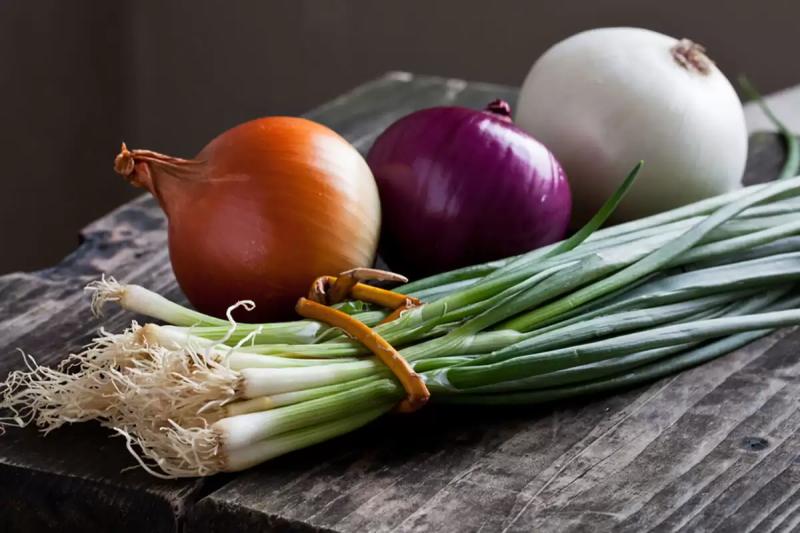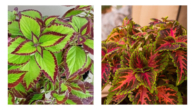
“Luk” is not only stylish: be surprised how many meanings the word has
0
What images arise when you hear the word “luk” – do you perceive it as a Russification, an Anglicization or a weapon? Let's find out what this word means.
How can the word “luk” be understood today?
The word “bow” can be perceived as a direct designation or look for a translation from English or Russian. Let’s consider all of them and you will be surprised at how many meanings it has.
The word itself is translated from Latin as “bend, arc” and has a number of cognate words: such words as luca “part of a saddle”, and luca is “a bend of a river”. Obluk is an element of a yoke, heel, ring, lucaviy – “indirect in communication”.
“Bow” – like a weapon. Bow– a hand weapon for throwing arrows, which has the appearance of a bowstring. This is one of the oldest types of throwing weapons, known since the Mesolithic era. Shooting occurs due to the muscular strength of the archer, who pulls the string and bends the bowstring, creating an impulse for the arrow.
“Bow” – a drawing of a weapon, but is used to denote a heraldic figure.
“Bow” – a proper name for the Ukrainian and Polish noble family coat of arms.
“Bow” – a tool of a shapoval (a craftsman who makes felt from wool) for loosening the wool from which hats are made.
“Bow”– a rarely used name for an arch, bend, or twist.
“Luk” is a tactical unit in the Japanese medieval army.
Let’s consider “luk” as a word that needs translation
In the Ukrainian language, the word “luk” can also be perceived as a Russification. “Luk” is a vegetable, which is translated into Ukrainian as “onion” or “onion”. This vegetable is a regular part of the Ukrainian diet, both fresh and baked, boiled, fried, in main dishes and even in desserts. Interestingly, all parts of the vegetable – green shoots, bulbs and even the stalk – can be used as a spice and dye.

And today “onion” is an Anglicism. The word is used to refer to the appearance, clothes, jewelry and accessories that a person is wearing – that is, a complete stylish image. That is, it comes from the English to look – to have a look.
This word is common in the fashion industry and among those who follow and dress according to fashion trends.

Take this word to your dictionary, use it according to its meaning and be curious!









Leave a Reply